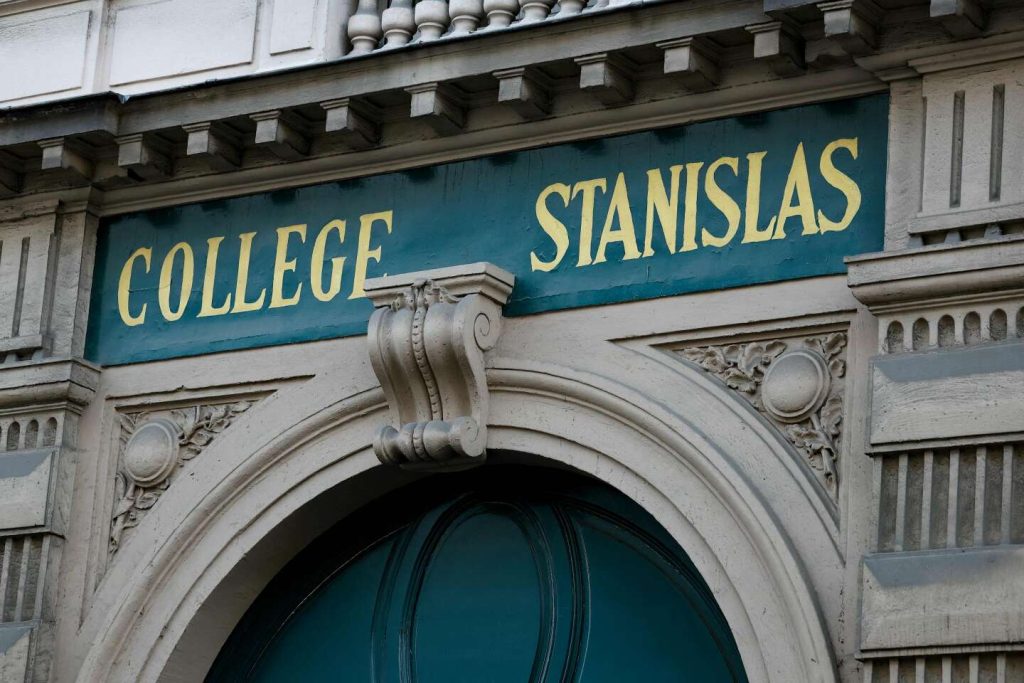A recent parliamentary report has reignited the debate surrounding the French education system, specifically the private versus public school divide. The report calls for reforms to address the lack of transparency in funding and inadequate oversight of private institutions, as well as issues like social inequality and conservative practices. Understanding the current organization and functioning of the private education system, which caters to two million out of twelve million students in France, is crucial.
In France, the principle of freedom in education is fundamental. The educational landscape, once dominated by the Church, gradually transitioned to public ownership and secularization. The “Debré Law” of 1959 formalized the relationship between the state and private schools, requiring compliance with national education programs and the acceptance of all students regardless of background. Additional legislation such as the “Gatel Law” in 2018 aimed to regulate private schools without contracts, complementing the initial law.
There are three types of private schools in France. Schools under contract with the state, which constitute over ninety percent of private institutions, must adhere to national education standards and employ mainly non-faculty teachers. Contract schools have more flexibility in management than public schools and are autonomous in decision-making. Schools with a simple contract cater to primary education and operate similarly to contract schools. The third category comprises schools without contracts, which are entirely self-funded and independent in curriculum design.
State funding significantly supports private schools under contract, covering teacher salaries and operating costs. Additional financial support comes from other government departments, local authorities, and public administrations. Despite receiving substantial funds, private schools have been criticized for inadequacies in supporting social diversity and public policy implementation. This has prompted calls for stricter oversight and accountability measures.
All private schools are subject to various forms of oversight, including administrative and educational controls. However, the effectiveness of these checks has been questioned, with reports of minimal inspections and inadequate follow-up on compliance issues. The lack of a consistent enforcement mechanism and a clear escalation of sanctions for violation of regulations is a point of concern. The disparity in monitoring private schools compared to public ones further highlights the need for a more rigorous compliance framework.















